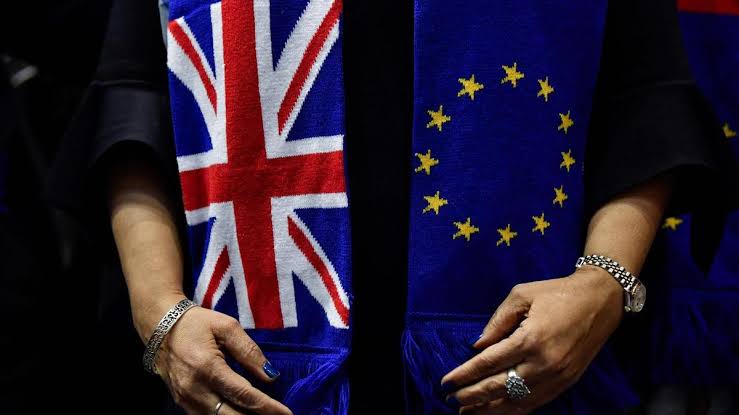Eleven weeks after Brexit, Britain and the European Union (EU) are hoping to finally make progress towards a trade agreement.
SEE ALSO: Coleman reiterates Commitment to payment of Workers’ Salaries, Benefits
The first of three week-long negotiations by video conference begins on Monday.
The next stages are planned for mid-May and early June.
Britain left the EU at the end of January.
However, there is still a transition period until the end of the year, so that practically nothing has changed in everyday life.
Britain is still part of the EU internal market and customs union, adheres to EU rules, and pays into the budget.
However, if no agreement for future relations is made within the transition period, there will be a hard split with turbulent repercussions for the economy.
In a first round of negotiations at the beginning of March, both sides found that their ideas were far apart.
EU negotiator Michel Barnier then announced he was infected with the coronavirus, and his British colleague David Frost also went into quarantine.
In the end, only expert discussions about the possible text of the agreement were held.
“Real, tangible progress” should now be achieved by June, both sides said last week.




 Premier League
Premier League